Welcome
I started this blog in 2013 to share my reflections on reading, writing and psychology, along with my journey to become a published novelist. I soon graduated to about twenty book reviews a month and a weekly 99-word story. Ten years later, I've transferred my writing / publication updates to my new website but will continue here with occasional reviews and flash fiction pieces, and maybe the odd personal post.
|
Let me present two chunky novels, both published in the UK on 3rd February, about which I had some reservations but came to love. Despite a decade’s difference in age between the novels’ protagonists, both are coming-of-age stories in which an unexpected kind of love – or unconventional for their particular communities – teaches these young women about family, ambition, identity and themselves.
Allow me to introduce two recent reads featuring a teenage girl’s sexual awakening with a physically attractive but morally suspect young man, arousing the envy of her less confident suitor. Both novels also emphasise her passion for the place in which she lives: in the first, a derelict asylum in southern England; in the second, the family farm in rural France.
These two novels are about women over forty for whom life has lost its sparkle, partly due to marital infidelity and an empty nest. The first is a nuanced portrayal of contemporary middle age, set in Paris; the second is a shallow glimpse at widowhood and fear of ageing, set in the 1980s on England’s south coast.
Two novels featuring sex and psychotherapy: can you guess which one I couldn’t finish? The other is both entertaining and educational, so put your feet up and read on.
I’ve recently read two novels about women whose damaging childhoods lead to adult relationships where they can’t manage to separate psychologically from someone who fails to meet their needs. In the first, a French translation, the enmeshed relationship is with a man who is less than a partner but more than a friend. The second, set in India, centres on a toxic mother-daughter relationship, a common theme in my reading and writing, which has sparked this week’s 99-word story.
These two recent reads bring touches of humour to the serious extraordinariness of ordinary cohabiting relationships, and the impact on the couple of friendships and obsessions outside the partnership. The first features a thirty-something lesbian twosome in London (with one of the partners making frequent visits to Paris). The second focuses on a heterosexual marriage of some duration, the couple having moved to Bath on retirement.
Two short novels about vulnerable young women who are psychologically and physically trapped: the first by the locked door to her bedroom; the second by the psychiatric care system. Both women have unusually close bonds with their mothers, potentially cause and consequence of their struggles to relate to their peers. Both encounter difficulties distinguishing fantasy from reality, feel estranged at parties and find life getting both better and worse when they fall for young men. With unreliable narrators, whether they break free of their fetters is left to the reader to decide.
Two novels in which a marriage of a twenty-something man and woman from superficially similar backgrounds shows early signs of strain. In the first, between Muslims in contemporary London, the politics of religion are problematic right from the start; in the second, life gets tough when a new mother follows her journalist husband to a posting in newly-independent Ukraine. All harbour secrets, communication suffers and trust is hard to find. But, with youth on their side, they’ll take something from the experience, whether or not the marriages survive.
Two novels set in Britain that feature climbing. In the first, it’s the hobby verging on obsession of three of the four main characters, in a homage to Sheffield and the nearby Peak District National Park; in the second, a cli-fi thriller, surmounting the wall is what the narrator and his peers are conscripted to prevent. Thanks to publishers Chatto and Windus and to Faber for my review copies.
I have no hesitation in recommending both of these literary novels, intriguing stories set against the rise of fascism leading up to the Second World War. The first is a coming-of-age story set in Italy and Libya; the second about vested interests in the art world set in Berlin.
Enid is a Scottish aristocrat who has married ‘down’; Adèle a working-class Parisian who married into the bourgeoisie. Enid considers sex a painful duty; Adèle is sex obsessed. For Enid, work is for men and servants; Adèle has a job. Born almost a century apart, the ‘heroines’ of these debuts nevertheless have similar motivations: both have been emotionally neglected by their own mothers and feel shackled by marriage and motherhood.
I’ve recently read two semi-autobiographical debuts about highly intelligent young women battling initially protective and subsequently persecutory alter egos to assert their real selves. The first set in Nigeria and the USA, the second in the UK, they provide fresh perspectives on the experience of mental disturbance from the inside.
Two translated historical novels set at the beginning of the twentieth century about empires in decline. Through them, I’ve slightly narrowed the gap in my ignorance of the Habsburg and Ottoman empires, and whetted my appetite to learn more. Although it’s refreshing to take the focus away from the British Empire in fiction, I’d prefer to take a female perspective next time or, failing that, to zoom in on a key character right from the start. See what you think!
Two novels about young Asians migrating to the USA: in the first, an Indian man receives a cultural, sexual and political education in New York; in the second, a woman has been stripped of wealth, lover and purpose when she leaves her native Philippines to shack up with relatives in a poor part of California.
Having decided to pair these novels on the basis of the unlikely friendships I’d gleaned from the blurbs, I was pleased to discover other commonalities that caught my attention more. Both authors bring a female perspective to life on an East Anglian farm, albeit almost a century apart. While Tina Hopgood is in her 60s and Edith Mather only fourteen, both narrators are lonely, despite having family around them, and unsure about their right to choose their own future.
Kimiâ and Zebra are women in their early 20s with roots in the Mazandaran region of Iran. Both have been shaped by their fathers’ intellectual and political allegiances that forced them into exile as young girls. Both have grown into young adults slightly distant from their own emotions but, while Kimiâ, now living in Paris, has forged an identity that separates her from her family of origin, Zebra, now an orphan travelling from New York to Barcelona, is disturbed and disturbingly loyal to her heritage.
Follow this link for other accounts of the refugee experience. I’m linking these novels less for the arboreal coincidence of the titles but because each is about the impact of another culture’s approach to death and/or ageing on a Westerner’s life. For the first, six months as a young man deep in the forest of a remote Micronesian island determine the course of his professional and domestic life; for the second, a glimpse of the culture of the Toraja people in Indonesia in middle age helps him mourn the loss of a close friend.
If you’re going on holiday this summer, you might be tempted to take one of these novels with you. The first focuses on the people who entertain and assist the visitors to a Victorian pier at an English seaside resort across a period of over a century; the second on a family taking a long holiday together on the coast of Finland. But, of course, while it might be all smiles and bonhomie on the surface, there are disconcerting undercurrents to keep you turning the page. Let me know which takes your fancy.
If adolescence was the invention of the baby boomers, it’s the millennials who’ve shown – along with recent(ish) research into the developing brain – that this interlude between childhood and adulthood lingers well into one’s twenties. At this stage of our lives, many of us are still experimenting with who and how to be, as these two debut novels illustrate in thoughtful and entertaining ways. The young female narrators juggle the legacy of patchy parenting; love triangles; envy and class privilege; and platonic and sexual relationships at the boundary between intimacy and privacy – and city living, one in London and the other in Dublin. Read on!
Do houses harbour the shadows of those who lived in them before?
A few months ago, I reviewed two novels about houses with secrets. Here are two more on a similar theme, with a younger couple taking over the home an older woman’s been forced to leave. In the first it’s because she’s dead, but her spectre lingers on; in the second she’s had to move into a retirement home. In both, the young wives become almost obsessed with the previous owner, while their experiences on Valentine’s Day prove a barometer for the state of their marriages. These two novels reimagine well-known stories from the perspective of women who find themselves banished in disgrace from their parents’ homes. The first is about a witch who features in Homer’s Odyssey; the second about a nun who proves to be a keen observer of Tudor politics. In carving out her own place in the world, each woman discovers there’s not much to envy in the upper echelons of society.
Two debut novels by women about women reviewing their (successful and stable) marriages in the context of an important relationship for one partner that’s not shared with the other. In the first, the wife’s passion for God and poetry leads her into the mind, arms and eventual bed of a man who isn’t her husband; in the second, the wife, emerging from her grief at her husband’s sudden death, becomes suspicious about the nature of his secret friendship with a woman he’s met on business trips abroad. Both authors employ non-linear structure to good effect.
Life’s tough on the fringes of society, perhaps particularly if you’re female. Not only have you your own vulnerability to contend with, but the projections of others who feel safer dwelling on your difference than on your similarity to them. Let me take you into the worlds of three such fictional females: The Parcel is harrowing novel about sex workers in Bombay; Dance by the Canal is a lighter novella about a homeless woman in East Germany; my recently published short story, “Ghost Girl” is about an African girl with the wrong colour skin.
|
entertaining fiction about identity, mental health and social justice
Annecdotal is where real life brushes up against the fictional.
Annecdotist is the blogging persona of Anne Goodwin:
reader, writer, slug-slayer, tramper of moors, recovering psychologist, struggling soprano, author of three fiction books. LATEST POSTS HERE
I don't post to a schedule, but average around ten reviews a month (see here for an alphabetical list), some linked to a weekly flash fiction, plus posts on my WIPs and published books. Your comments are welcome any time any where. Get new posts direct to your inbox ...
or click here …
Popular posts
Categories/Tags
All
Archives
March 2024
BLOGGING COMMUNITIES
|
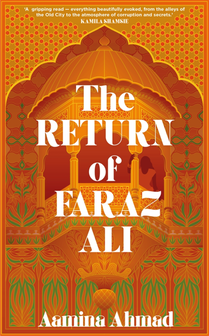
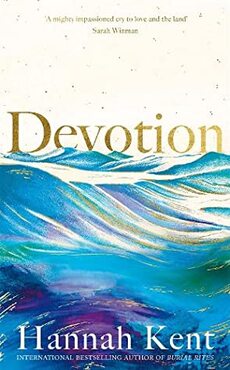
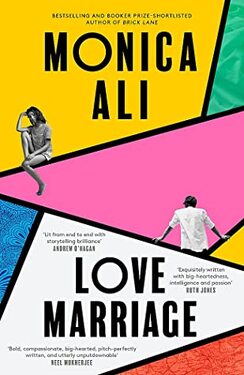
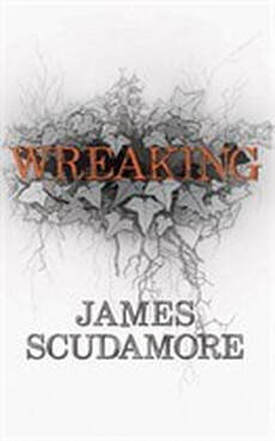
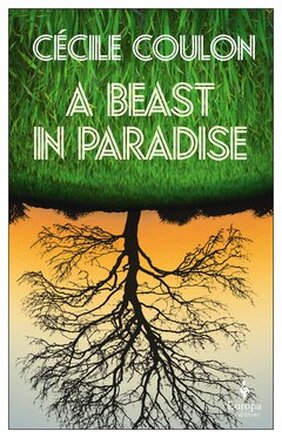
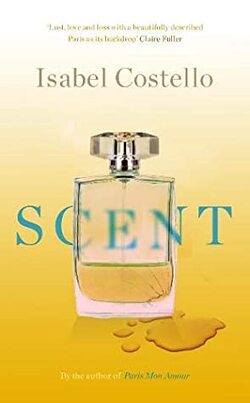
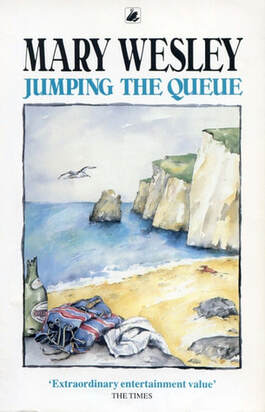
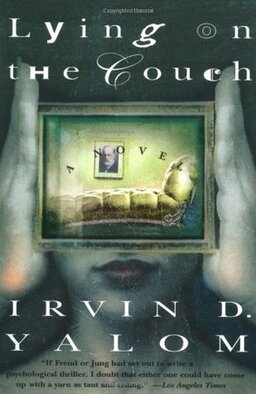
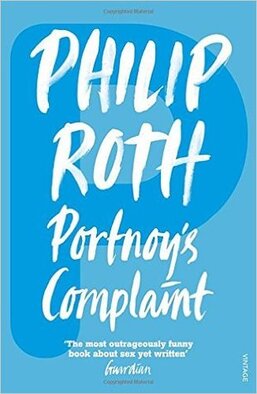
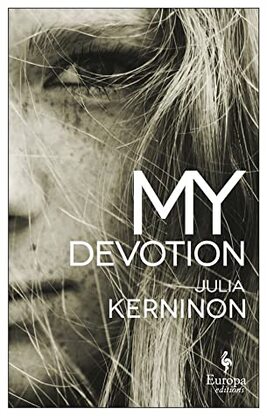
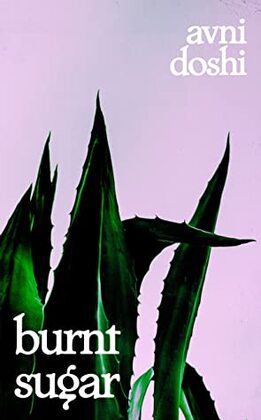
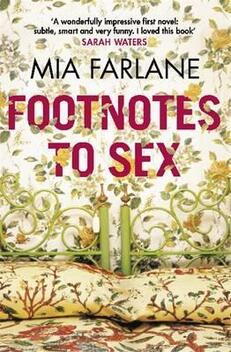
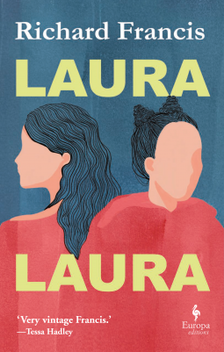
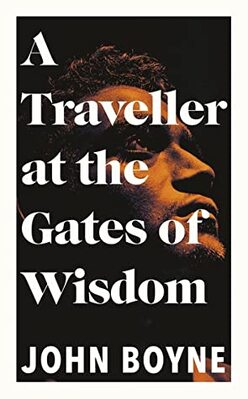
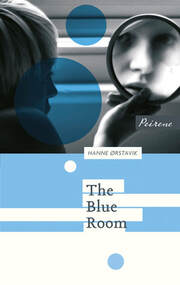

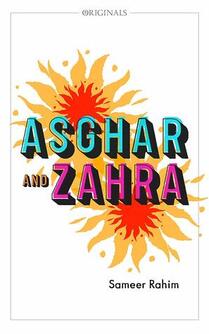
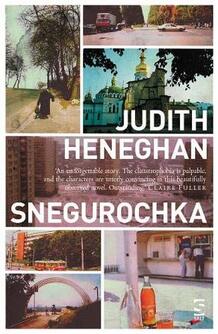
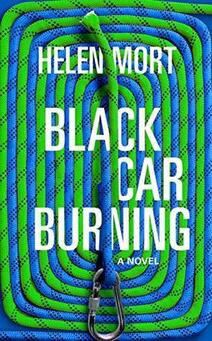

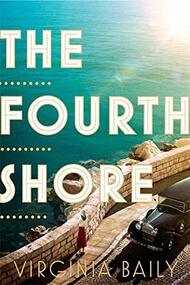
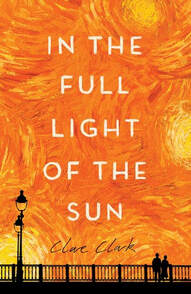
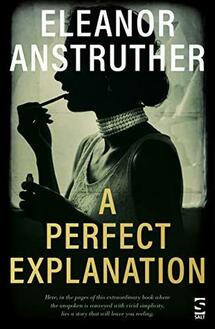
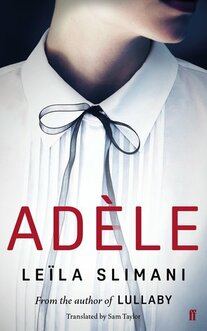
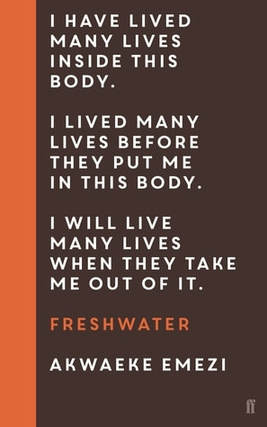
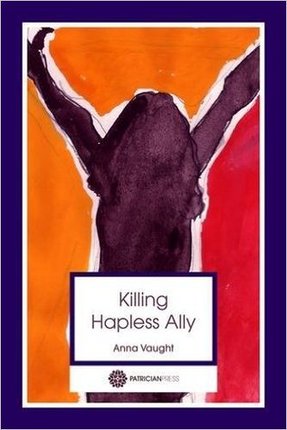
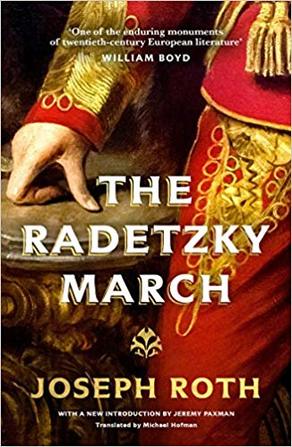
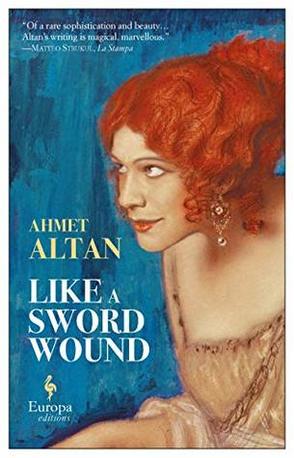
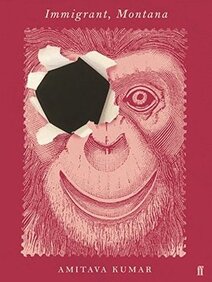
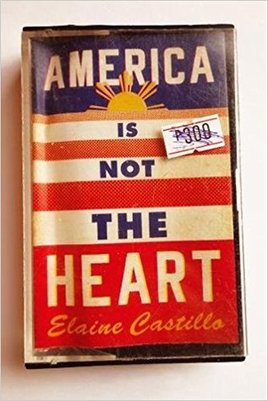
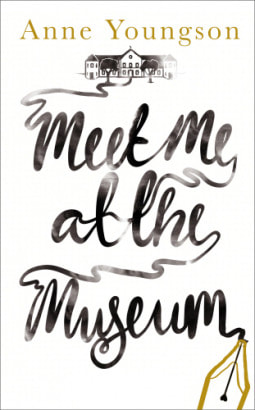
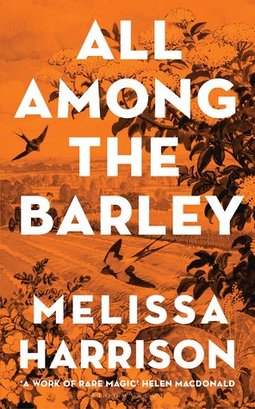

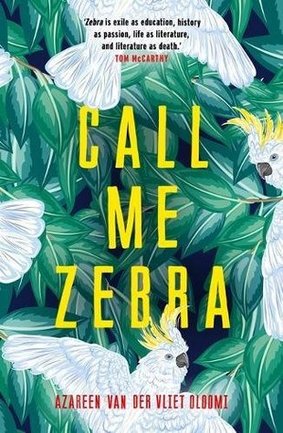
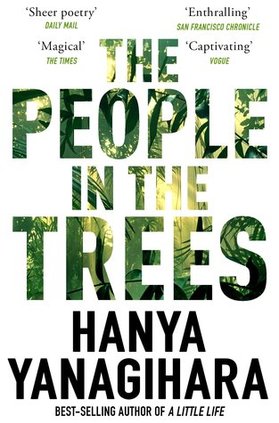
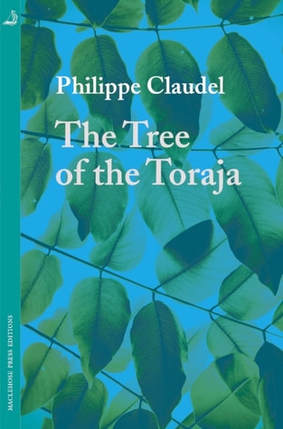
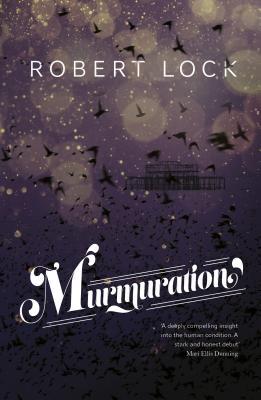
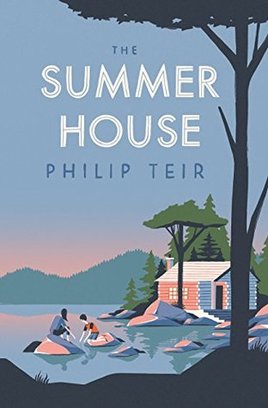
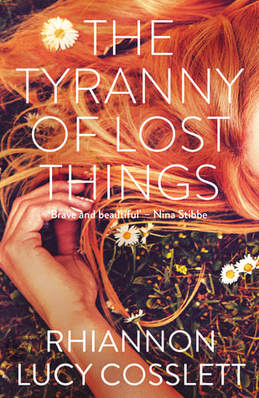
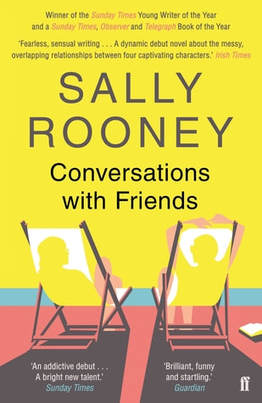
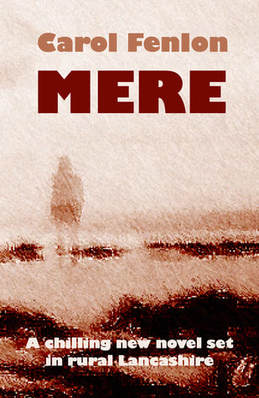
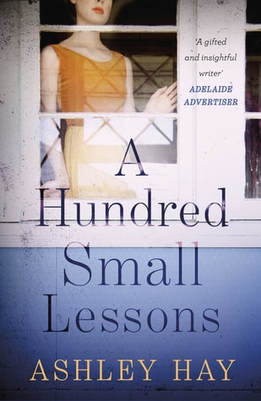
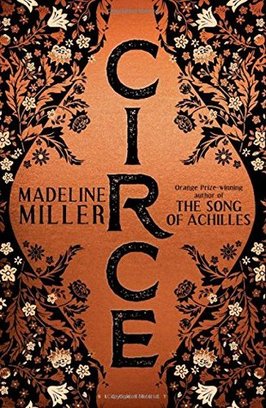
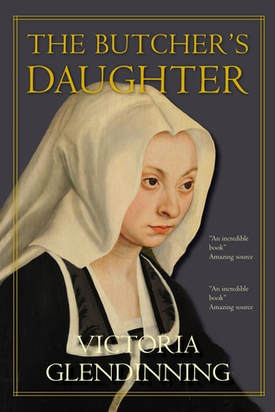
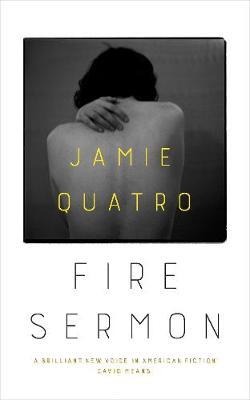
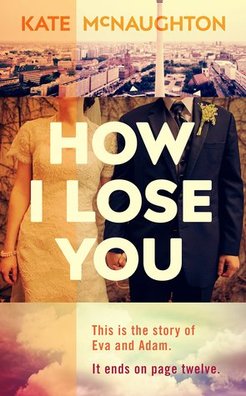
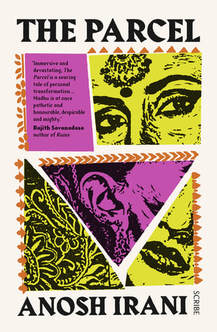
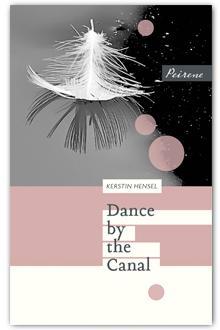





















 RSS Feed
RSS Feed





















